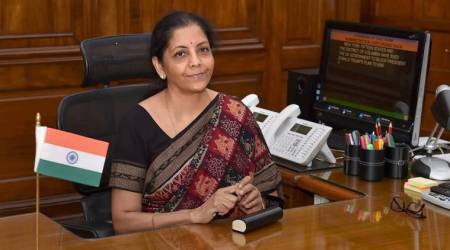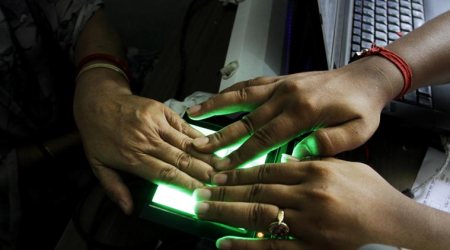 Union Minister Ravi Shankar Prasad. (Express Photo)
Union Minister Ravi Shankar Prasad. (Express Photo)
Data must be made available for research and growth so that India can lead the world in the digital revolution, Union Minister for Electronics and Information Technology Ravi Shankar Prasad said on Saturday. Whether we kill the progress we have made in digital revolution in the name of privacy or not, that is a challenge, he added. Speaking at a gathering on privacy and data at the Indian Institute of Technology, Delhi, Prasad said, “India missed the impact of the industrial revolution for a variety of reasons. We don’t wish to lose the digital revolution. On the contrary, we in India want to become the leaders in digital revolution.”
Talking about privacy concerns vis-a-vis big data, Prasad said the competing interest for data availability for growth and research, and data privacy are the issues to be considered. “This information technology revolution has to be respected and also has to be accelerated. In this larger framework we have to consider the issue of privacy. Data must be made available,” he said.
“We will come up with a data protection law that will set a global benchmark like the way we have done for Aadhaar,” Prasad said. The government has formed a committee to give a structured report on data utility, data privacy and data availability, he said.
“The committee is to give a report in three months. I want to assure you that we respect data sovereignty of Indians but we also appeal to Indians that your data must be made available also for legitimate concerns, legitimate interest and for development of India,” Prasad said.
The minister emphasised that India is witnessing a “start-up revolution”, adding four to five start-ups daily, and the government is providing many incentives to them. Artificial intelligence, data mining, and Internet of things, Prasad said, will “empower India”.
“I clearly foresee India is going to become a big centre of data research,” he said.
Acording to Prasad, the government intends to “bridge the digital divide” between the digital haves and the digital have-nots. “Digital India is more for the poor and the underprivileged,” he added.
He recalled a slogan coined by Prime Minister Narendra Modi in the run-up to the 2014 General Election: “IT + IT = IT”. This, he pointed out, means Information Technology plus Indian Talent equals to India Tomorrow.
Highlighting the potential of India’s “digital economy”, which according to him includes communication, IT and IT-enabled services, electronic manufacturing, cyber security, data security initiative, digital payments and e-commerce, Prasad said, it will soon be worth $1 trillion, and is projected to create 50-75 lakh jobs in the next five to seven years.
“Today availability of data is important,” he said. Speaking about the balance between privacy concerns and data research, he said, “Should we go forward in the name of privacy to kill it? Should we stop it, or should we not stop? That is indeed the challenge.”
Enumerating the achievements of the government in the last three years, Prasad said 93 mobile manufacturing companies have come to India and there is scope for medical, defence, automobile electronics in the country
The minister said the Supreme Court had said the right to privacy was not an absolute right. “On behalf of the government we also said it (privacy) is not an an absolute right but part of Article 21,” Prasad said.
The minister quoted from the apex court judgment that “like the right to life and liberty, privacy is not absolute. The limitations which operate on the right to life and personal liberty would operate on the right to privacy”.
He said the apex court judgment on privacy was a landmark judgment.
(With PTI inputs)

